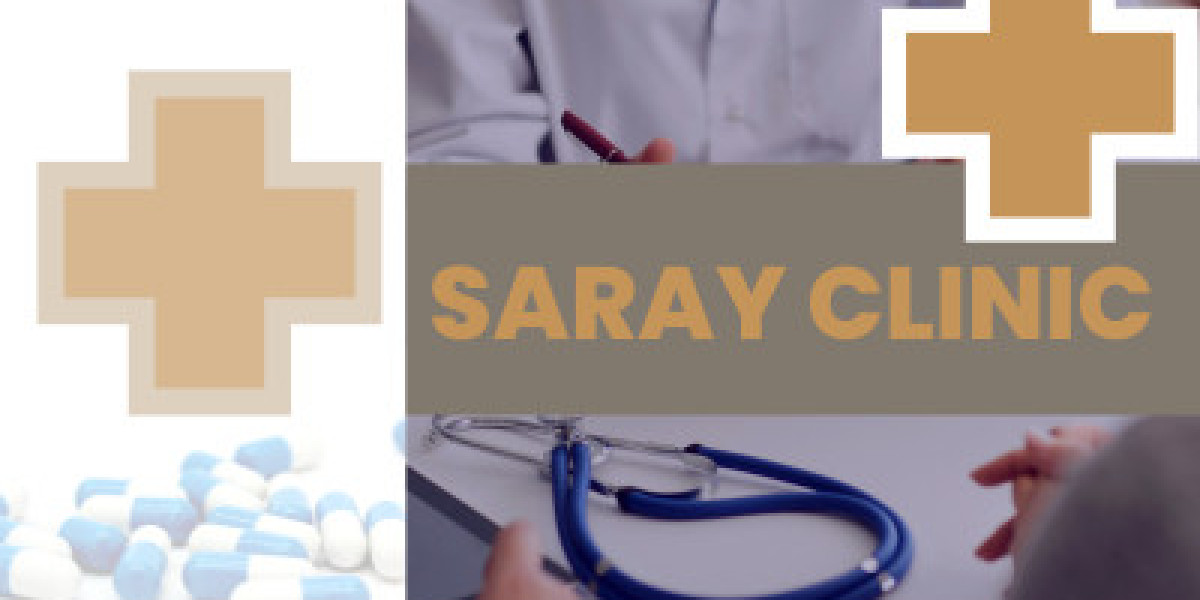Infectious diseases have been a significant concern for public health for centuries. Advances in medicine and technology have greatly improved our ability to prevent, diagnose, and treat these conditions. However, navigating the complexities of infectious disease care can still be challenging. This article provides a comprehensive overview of what you need to know about treatment and support for infectious diseases.
Understanding Infectious Diseases
Managing Infectious diseases are caused by pathogens such as bacteria, viruses, fungi, and parasites. These diseases can spread through various means, including direct contact, airborne particles, contaminated food or water, and insect bites. Common examples include the flu, tuberculosis, HIV/AIDS, and malaria.
Types of Pathogens
Single-celled organisms that can multiply rapidly. They can be treated with antibiotics.
Smaller than bacteria and require a host cell to replicate. They are treated with antiviral drugs or vaccines.
Includes molds and yeasts. They can cause infections like athlete’s foot and are treated with antifungal medications.
Organisms that live on or inside a host and benefit at the host’s expense. They are treated with antiparasitic drugs.
Diagnosing Infectious Diseases
Accurate diagnosis is crucial for effective treatment. Diagnostic methods vary depending on the disease and pathogen involved.
Clinical Evaluation
Initial diagnosis often begins with a thorough medical history and physical examination. Symptoms, exposure history, and travel history are essential components of this evaluation.
Laboratory Testing
Useful for detecting infections and assessing the body’s response.
Culturing samples from blood, urine, or other body fluids helps identify specific pathogens.
PCR (polymerase chain reaction) tests detect genetic material from pathogens, offering rapid and accurate results.
Techniques like X-rays or MRIs may be used to assess the extent of an infection.
Treatment Strategies
Treatment approaches vary widely based on the type of infection and the patient’s overall health.
Antibiotics
Antibiotics are used to treat bacterial infections. It's crucial to use them correctly to prevent antibiotic resistance.
Effective against a wide range of bacteria but may disrupt normal flora.
Target specific bacteria, minimizing impact on normal flora.
Antivirals
Antiviral medications are designed to inhibit viral replication. They are specific to the type of virus and must be started early for effectiveness.
Target specific stages in the viral life cycle.
Enhance the body's immune response to fight the virus.
Antifungals
Antifungal drugs are used to treat infections caused by fungi. They come in oral, topical, and intravenous forms.
Inhibit fungal cell membrane synthesis.
Disrupt the cell wall of fungi.
Antiparasitics
Treatment depends on the specific parasite involved.
Such as chloroquine and artemisinin-based combination therapies (ACTs).
Treat infections caused by worms, such as albendazole and ivermectin.
Supportive Care
Supportive care is vital in managing infectious diseases, especially in severe cases.
Hydration and Nutrition
Maintaining proper hydration and nutrition supports the body’s ability to fight infection and recover. Oral rehydration solutions (ORS) and intravenous fluids may be necessary for patients with severe dehydration.
Pain and Fever Management
Medications like acetaminophen or ibuprofen can help manage pain and reduce fever, providing comfort and improving quality of life during recovery.
Mental Health Support
Dealing with an infectious disease can be stressful. Mental health support, including counseling and support groups, can help patients cope with anxiety, depression, and the emotional impact of illness.
Preventing Spread
Prevention is a key component in managing infectious diseases, both to protect individuals and to control outbreaks.
Vaccinations
Vaccines are crucial in preventing many infectious diseases. They work by stimulating the immune system to recognize and fight specific pathogens.
For diseases such as measles, mumps, and rubella.
For diseases prevalent in specific geographic areas, such as yellow fever or typhoid.
Hygiene Practices
Good hygiene practices are essential in preventing the spread of infectious diseases.
Regular handwashing with soap and water is one of the most effective ways to prevent infection.
Proper cooking and food storage prevent foodborne illnesses.
Reducing close contact with infected individuals helps prevent the spread of diseases.
Public Health Measures
Public health measures, such as quarantine and isolation, help control the spread of infectious diseases during outbreaks. Contact tracing and vaccination campaigns are also critical components of public health strategies.
Accessing Care and Resources
Access to appropriate medical care and resources is essential for managing infectious diseases effectively.
Healthcare Providers
Primary care physicians, specialists (such as infectious disease experts), and healthcare facilities play a crucial role in diagnosing and treating infections. Regular check-ups and timely medical intervention are important.
Support Organizations
Non-profit organizations and support groups provide resources and assistance for patients and families affected by infectious diseases. These organizations offer educational materials, financial support, and emotional support.
Health Insurance
Understanding your health insurance coverage can help ensure access to necessary treatments and services. Be aware of what is covered and any out-of-pocket costs associated with your care.
Conclusion
Navigating infectious disease care requires a comprehensive understanding of treatment options, supportive care, prevention strategies, and access to resources. By staying informed and proactive, patients and healthcare providers can work together to manage and overcome infectious diseases effectively. Whether it’s through proper diagnosis, effective treatment, or preventive measures, every step taken contributes to better health outcomes and improved quality of life.



